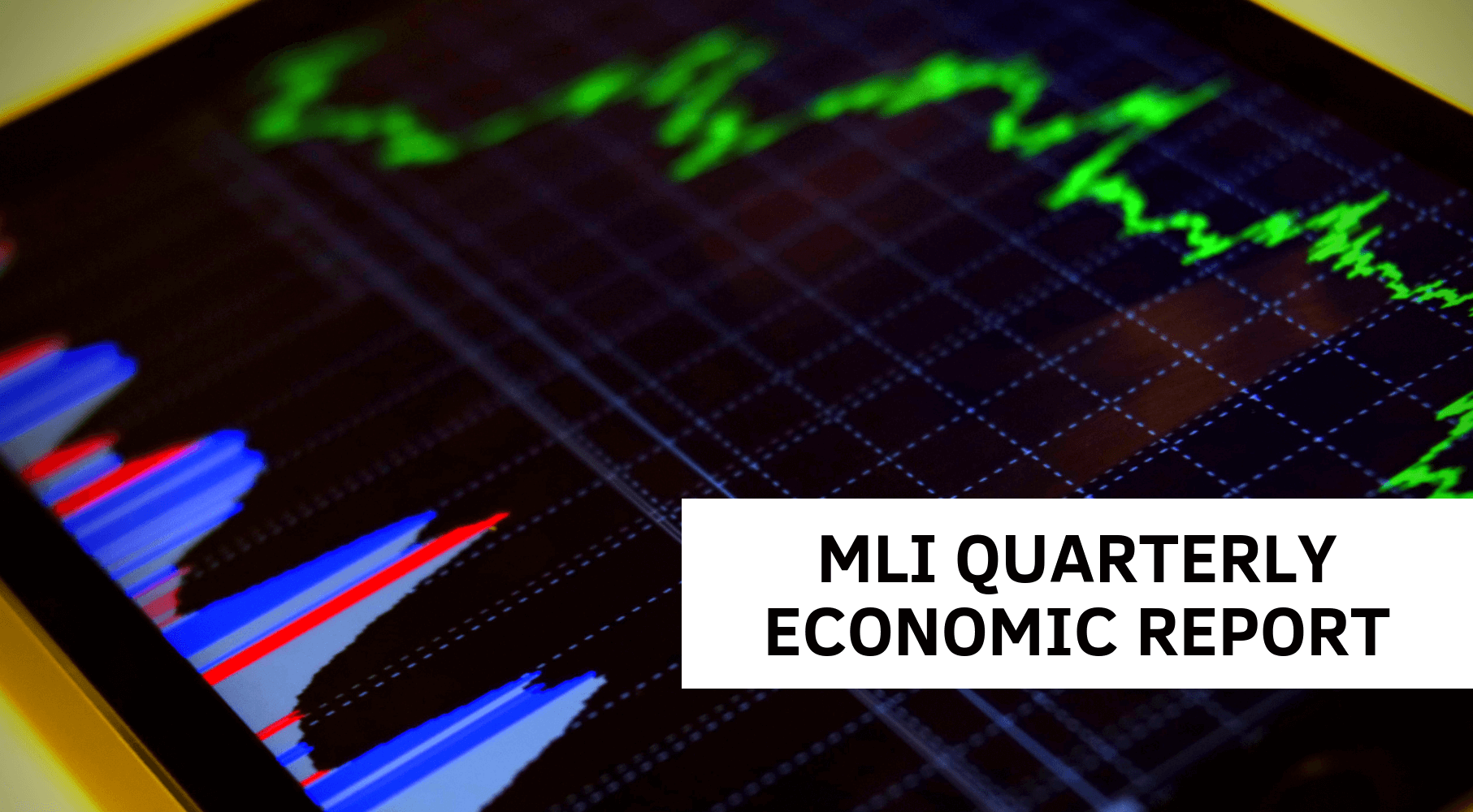 OTTAWA, ON (March 11, 2020): With the COVID-19 (or “coronavirus”) outbreak hampering the global economy, it is tempting to blame Canada’s economic woes on external factors. However, Canada’s economy was already exposed to serious risk – a fact explored in more detail by Munk Senior Fellow Philip Cross in his latest quarterly economic report, titled “Coronavirus hurts, but many of Canada’s economic problems are homegrown.”
OTTAWA, ON (March 11, 2020): With the COVID-19 (or “coronavirus”) outbreak hampering the global economy, it is tempting to blame Canada’s economic woes on external factors. However, Canada’s economy was already exposed to serious risk – a fact explored in more detail by Munk Senior Fellow Philip Cross in his latest quarterly economic report, titled “Coronavirus hurts, but many of Canada’s economic problems are homegrown.”
Canada’s real GDP growth stalled to 0.1 percent by the end of 2019. While the economy has spent much of 2020 lurching from crisis to crisis with rail blockades, supply-side stress due to the coronavirus, shaken financial markets, and now a major price drop for oil, the issues experienced at the end of last year were a result of lower exports and business investment.
According to Cross, this means that the underlying trend of growth “was anemic even before the conoravirus spread early in 2020.” Compared to the US, Canada has experienced worse business output, lower labour productivity, and slower wage growth. Business investment has also continued to stagnate, with firms remaining reluctant to invest in Canada’s economy due to a less competitive tax environment as well as persistent political and regulatory uncertainty plaguing major resource projects.
This is all to say that Canada started in a worse position than some of our peers when it came to weathering this economic storm. This conclusion builds on Cross’s previous quarterly economic report, which warned that high private and public debt were also exposing the economy to risk.
Now, with Saudi Arabia engaged in an oil price war due to lagging demand associated with the coronavirus outbreak, Canada’s beleaguered energy sector could be facing even more dire circumstances. Already, the sector was struggling with less competitive prices due to a lack of energy infrastructure to get energy products to Asian markets.
“As the virus spread beyond Asia in February, stock markets and commodities such as oil posted their largest losses since 2009,” explains Cross. These losses are certain to have a negative impact on Alberta, a province that is struggling to attract investment due in large part to the uncertain resource development climate created by Ottawa.
The greatest long-term global economic risk associated with the coronavirus outbreak is that damage to global supply chains will result in demand-side shocks for consumers. While supply-side troubles can often subside quickly, there is no guarantee that they will dissipate as the virus continues to spread. If these disruptions persist into April, Cross warns that “firms would begin to cut jobs and incomes, converting the supply shock into a ‘demand shock’ whose impact would linger into the second half of the year.”
In such a circumstance, financial markets would likely continue their slide, production would lag, and job losses could be realized. While it is at this stage unclear how exactly this scenario could impact our economy, Canada’s existing economic troubles leave us vulnerable to global economic turmoil.
To learn more about the state of Canada’s economy and how it may be affected by the unfolding coronavirus outbreak, read the full quarterly economic report here.
***
Philip Cross is a Munk Senior Fellow at the Macdonald-Laurier Institute. Prior to joining MLI, Mr. Cross spent 36 years at Statistics Canada specializing in macroeconomics. He was appointed Chief Economic Analyst in 2008 and was responsible for ensuring quality and coherency of all major economic statistics.
Cross’s Quarterly Economic Reports provide analysis of the latest economic data and results of the Macdonald-Laurier Institute’s Leading Economic Indicator, designed to signal an upcoming turn in the business cycle, either from growth to recession or from recession to recovery, six months in advance.
For more information please contact:
Brett Byers
Communications and Digital Media Manager
613-482-8327 x105
brett.byers@macdonaldlaurier.ca




